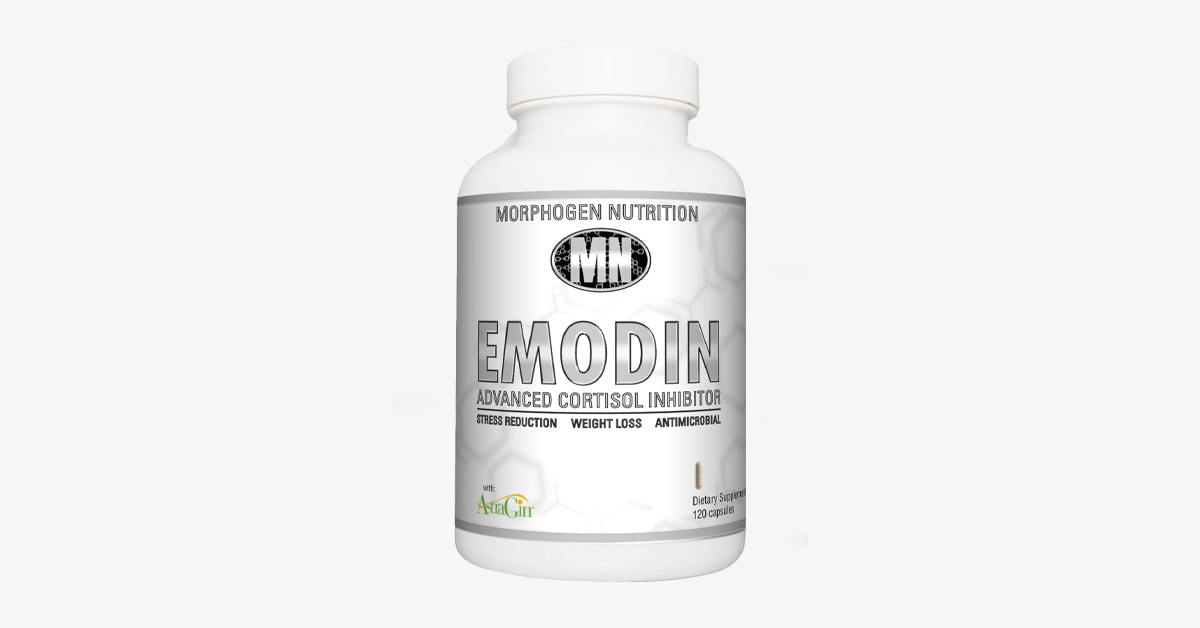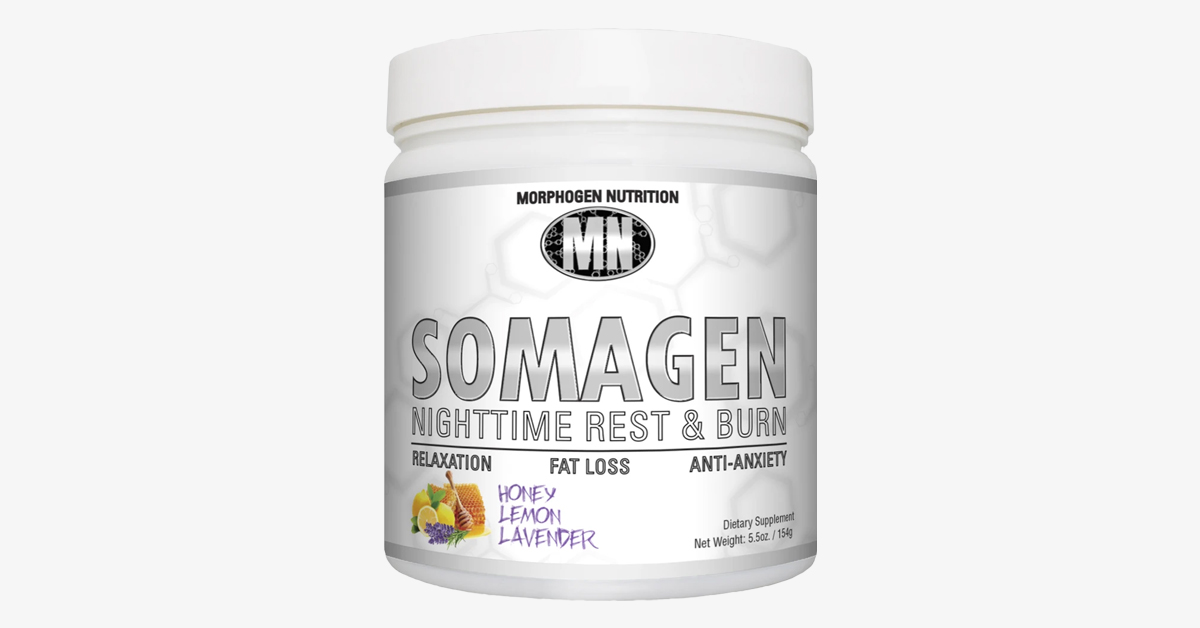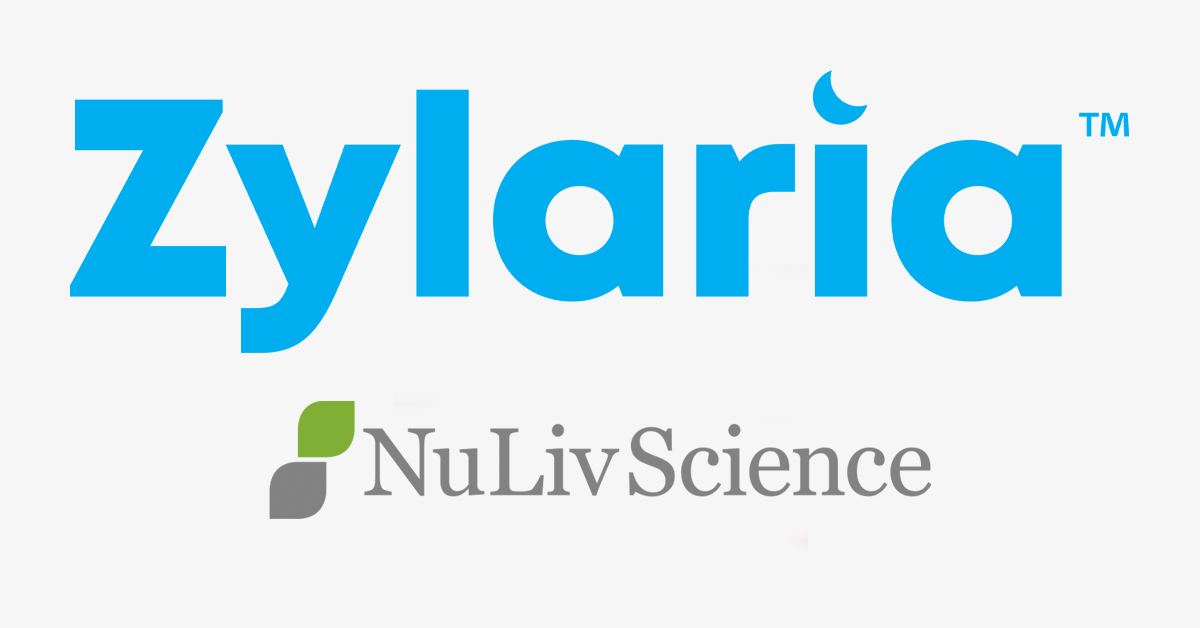
Zylaria™
Zylaria™ is derived from Xylaria nigripes, which is actually a fungus that grows in the Spring and Summer. It is a proprietary extract produced by a patented fermentation process. Xylaria was first used in traditional Chinese medicine. It actually grows alongside the folds of termite nests, and
Zylaria™ is meant to aid with relaxation and sleep quality, and is supported by in-vivo studies and human clinical trials.
Uses of Zylaria™
Zylaria is a relatively new ingredient to the market, and it is actually an extract derived from a fungus, which we stated above. Xylaria is a source of a variety of amino acids, vitamins, minerals, GABA, and glutamic acid. It actually does have high levels of GABA, which is an inhibitory neurotransmitter.
Xylaria has been shown to be neuroprotective, and not only that, it is also a source of antioxidants. Not only that, but Xylaria has also been shown in a study for treatment of depression. In a randomized, double-blind, placebo controlled study done on 104 patients with epilepsy, subjects either got Xylaria or a placebo over 12 weeks. The results showed that Xylaria was effective at alleviating depressive symptoms when compared to a placebo. Xylaria has been shown in rats to help against spatial memory impairment induced by sleep deprivation.
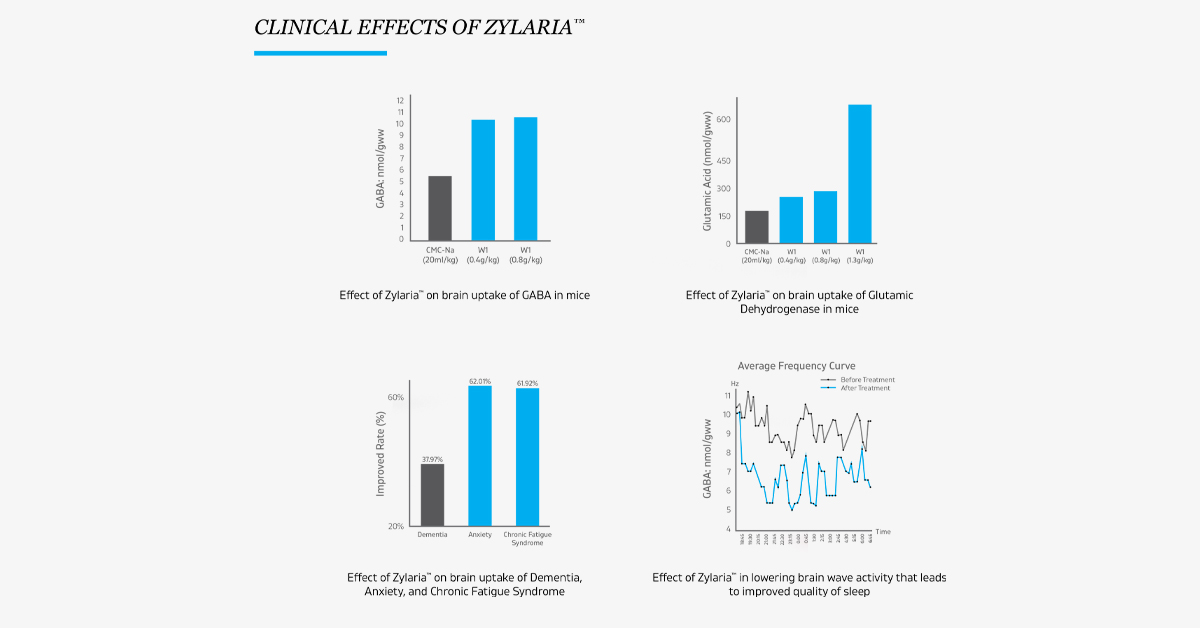 While we have gone over GABA here on FI, let’s talk about what it is briefly. GABA is the most abundant inhibitory neurotransmitter in the brain, and is very common in sleep aids. It acts as a sedative and is needed for relaxation. A study has shown that people with lower GABA levels tend to have a higher likelihood of suffering from insomnia. GABA has also been shown to be beneficial for the treatment of anxiety.
While we have gone over GABA here on FI, let’s talk about what it is briefly. GABA is the most abundant inhibitory neurotransmitter in the brain, and is very common in sleep aids. It acts as a sedative and is needed for relaxation. A study has shown that people with lower GABA levels tend to have a higher likelihood of suffering from insomnia. GABA has also been shown to be beneficial for the treatment of anxiety.
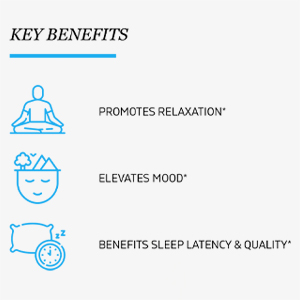 Think of GABA as an ingredient that sends messages to your brain to calm down. Many people struggle falling asleep due to their minds “racing”, well GABA is here to essentially act as a yellow light for those thoughts. Sometimes it isn’t enough to simply lay down in bed, you have to have the right mindset to actually get the quality sleep you may be lacking.
Think of GABA as an ingredient that sends messages to your brain to calm down. Many people struggle falling asleep due to their minds “racing”, well GABA is here to essentially act as a yellow light for those thoughts. Sometimes it isn’t enough to simply lay down in bed, you have to have the right mindset to actually get the quality sleep you may be lacking.
Zylaria can also increase Glutamic Acid and Glutamic Dehydrogenase levels in the body. Increasing these can actually lead to an increase in GABA in the brain, so it is a bit different than simply supplementing with GABA.
Zylaria doesn’t work by simply knocking you out. Instead, it helps your mind wind down and by sending more relaxing messages to your nerve cells. For this reason, you do not experience the same brain fog or sleep hangovers that some other sleep ingredients tend to do. As a way to help with depression, it works a bit milder than some other ingredients on the market, which may be a better approach for some. It’s a relaxing approach to but it simply.
Main Benefit: Help with Restfulness and Sleep
Interactions with Zylaria™
You will find Zylaria in Sleep Aids, as that is where all of the research is. You will most likely find it paired with ingredients such as Melatonin, GABA, Glycine, and L-Theanine.
Side Effects of Zylaria™
No side effects are known at this time.
Recommended Zylaria™ Dosage
The recommended dose of AstraGin is 500mg-2g. Be sure to check the back for supplements containing Zylaria™ to make sure you're getting a clinical dose.
Recommended Supplements Featuring Zylaria™
Page [tcb_pagination_current_page] of [tcb_pagination_total_pages]


